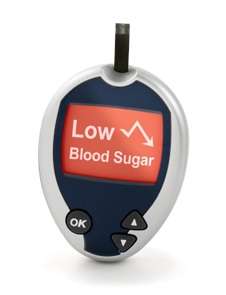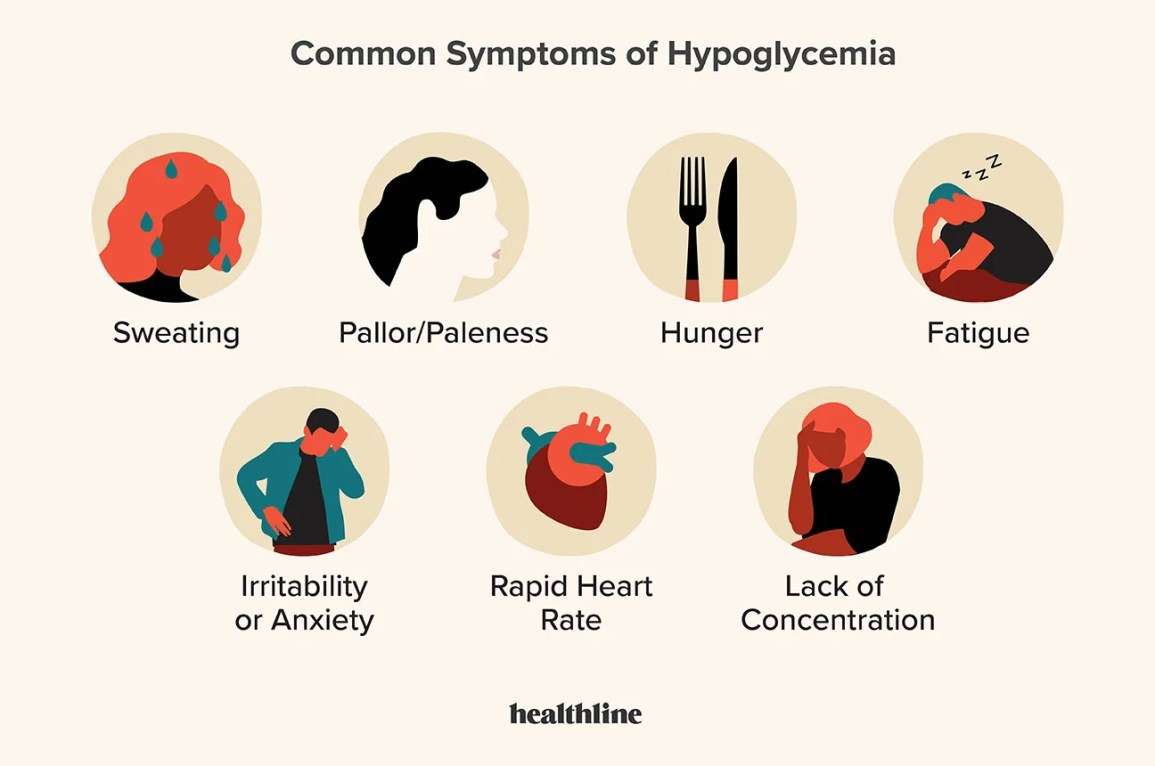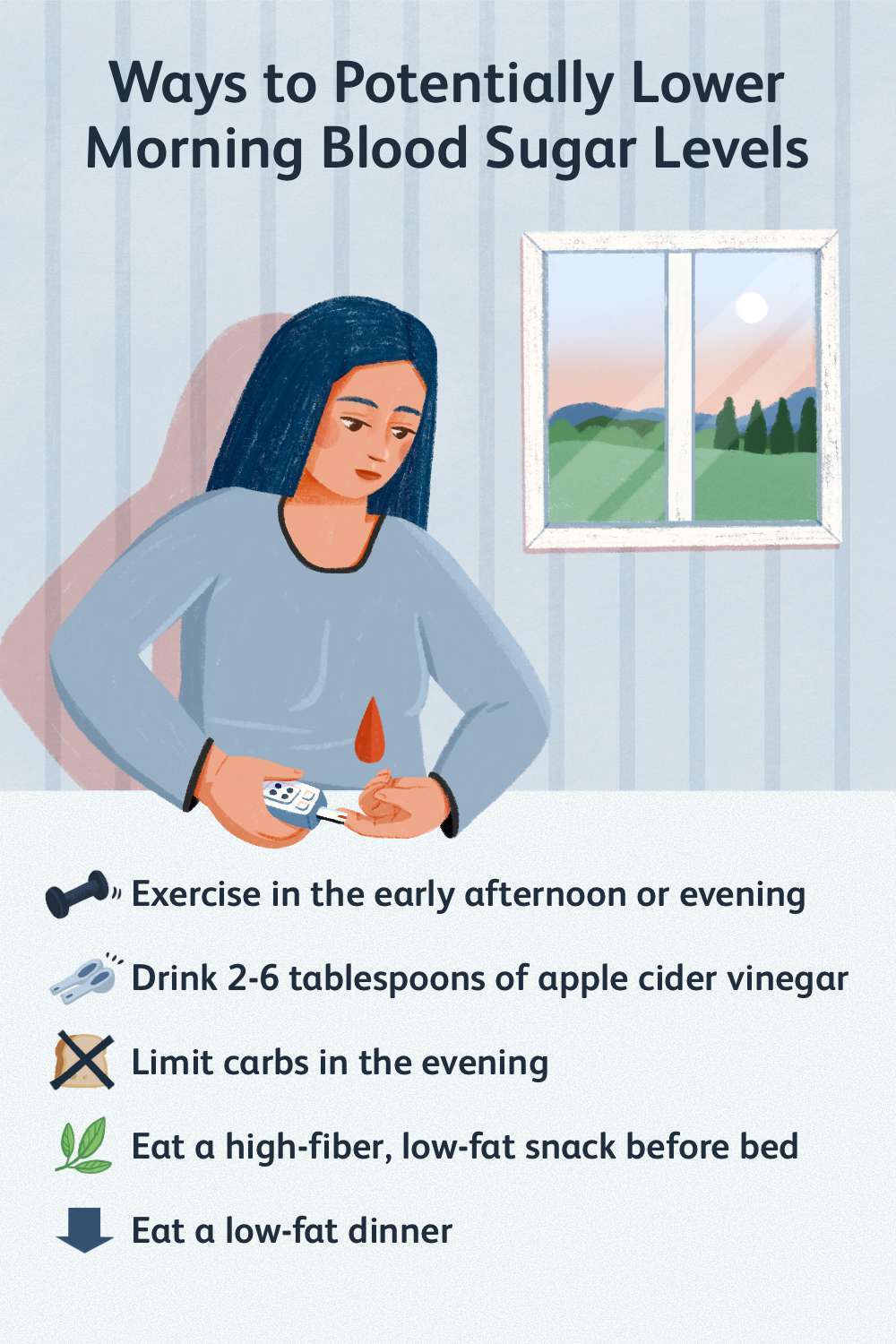Title: Low Blood Sugar (Hypoglycemia): Signs, Symptoms, Causes, Risk Factors, Diagnosis, Prevention, Diet, Lifestyle, and Homoeopathic Treatment
Introduction:
Low blood sugar, also known as hypoglycemia, occurs when the levels of glucose in the bloodstream drop below normal. It can cause a range of symptoms and may be a result of various underlying factors. Understanding the signs, symptoms, causes, risk factors, diagnosis methods, prevention strategies, diet and lifestyle considerations, and the potential role of homoeopathic treatment is crucial for effectively managing low blood sugar. In this blog post, we will explore the key aspects of low blood sugar and its holistic approach to treatment.
Signs and Symptoms of Low Blood Sugar:
1. Shaking or trembling
2. Sweating
3. Weakness or fatigue
4. Hunger
5. Irritability or mood changes
6. Dizziness or lightheadedness
7. Confusion or difficulty concentrating
8. Blurred vision
9. Headache
10. Rapid heartbeat
Common Causes of Low Blood Sugar:
1. Diabetes medications: Some medications used to manage diabetes, such as insulin and certain oral medications, can lower blood sugar levels.
2. Skipping or delaying meals: Not consuming enough carbohydrates or delaying meals can lead to low blood sugar.
3. Excessive physical activity: Engaging in intense exercise without proper fueling can cause low blood sugar.
4. Alcohol consumption: Alcohol can interfere with the liver's ability to release stored glucose, leading to a drop in blood sugar.
5. Medical conditions: Certain medical conditions, such as insulinoma or adrenal insufficiency, can cause low blood sugar.
Risk Factors for Low Blood Sugar:
1. Diabetes: Individuals with diabetes, especially those using insulin or certain medications, have an increased risk of experiencing low blood sugar.
2. Hypoglycemia unawareness: People who have had frequent episodes of low blood sugar may develop a reduced ability to recognize the symptoms.
3. Age: Older adults may be more susceptible to low blood sugar due to changes in hormone levels and reduced kidney function.
4. Certain medications: Some medications, such as beta-blockers, can mask the symptoms of low blood sugar.
Diagnosis of Low Blood Sugar:
The diagnosis of low blood sugar is typically based on the symptoms reported by the individual, along with a blood glucose test. A blood glucose level below 70 mg/dL (3.9 mmol/L) is generally considered low.
Prevention Strategies, Diet, and Lifestyle Considerations:
1. Regular and balanced meals: Eat regular meals and snacks containing a combination of carbohydrates, protein, and healthy fats.
2. Carbohydrate monitoring: Monitor carbohydrate intake and consider consuming slow-releasing carbohydrates to prevent blood sugar fluctuations.
3. Medication adjustments: Work with a healthcare professional to adjust diabetes medications or insulin dosages, if necessary.
4. Blood sugar monitoring: Regularly check blood sugar levels to maintain awareness of any fluctuations.
5. Alcohol consumption: Limit alcohol intake and consume it in moderation, especially when combined with meals or snacks.
6. Physical activity: Plan exercise sessions with proper fueling before and after to prevent low blood sugar during and after workouts.
Homoeopathic Treatment for Low Blood Sugar:
Homoeopathic treatment for low blood sugar focuses on addressing the underlying causes, restoring balance, and supporting overall health. Some commonly used homoeopathic remedies for low blood sugar include:
1. Syzygium jambolanum: Indicated for low blood sugar levels with increased thirst and frequent urination.
2. Gelsemium sempervirens: Useful for low blood sugar accompanied by weakness, trembling, and dizziness.
3. Uranium nitricum: Recommended for low blood sugar caused
by diabetes and associated symptoms of extreme weakness and frequent urination.
It is important to consult a qualified homoeopathic practitioner for an accurate diagnosis and individualized treatment plan based on your specific symptoms and overall health.
Conclusion:
Low blood sugar can have significant effects on overall well-being and daily functioning. By understanding the signs, symptoms, causes, risk factors, prevention strategies, diet and lifestyle considerations, and considering homoeopathic treatment as a complementary approach, individuals can effectively manage low blood sugar and maintain stable glucose levels. Remember to consult healthcare professionals for an accurate diagnosis and to create a comprehensive treatment plan tailored to your specific needs.




Leave a Message